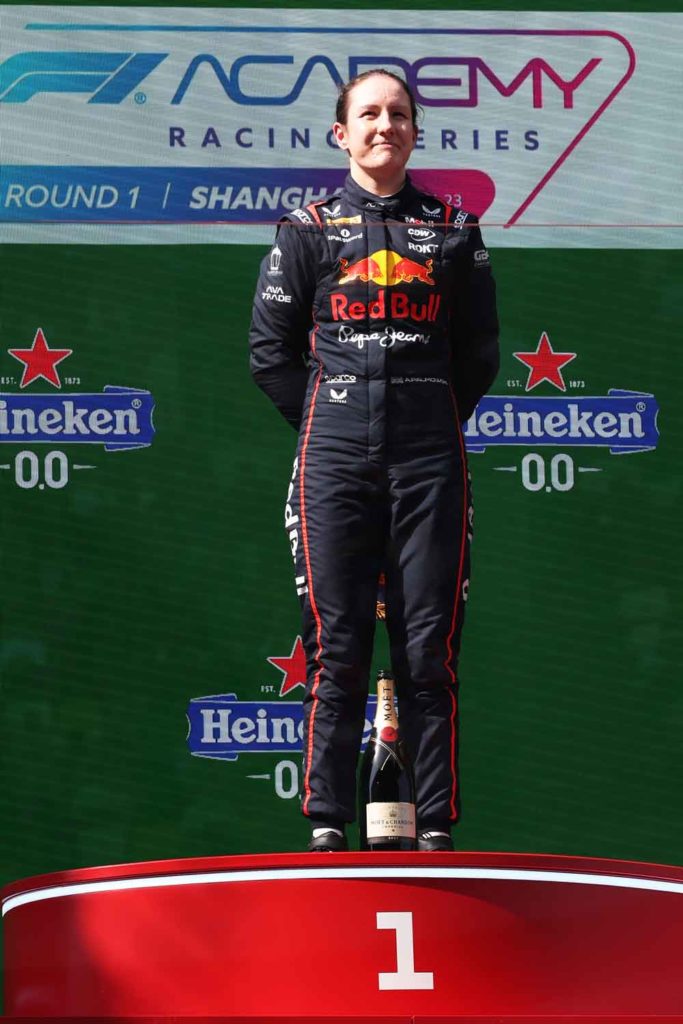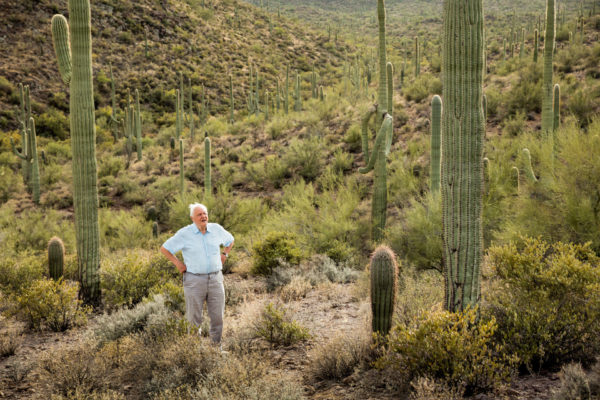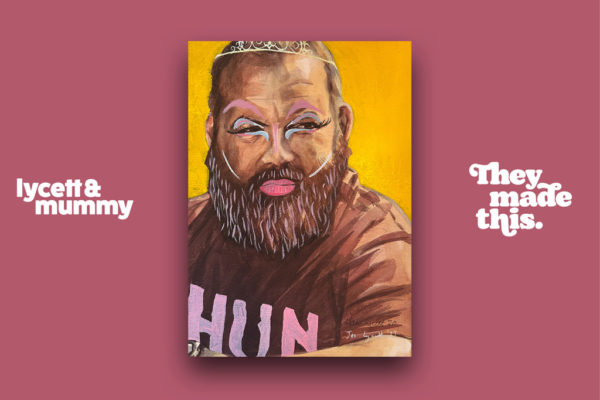Joe Lycett vs Sewage: A Deep Dive Into Our Dirty Waterways
By
1 year ago
A new documentary explores the issues with the UK's sewage system
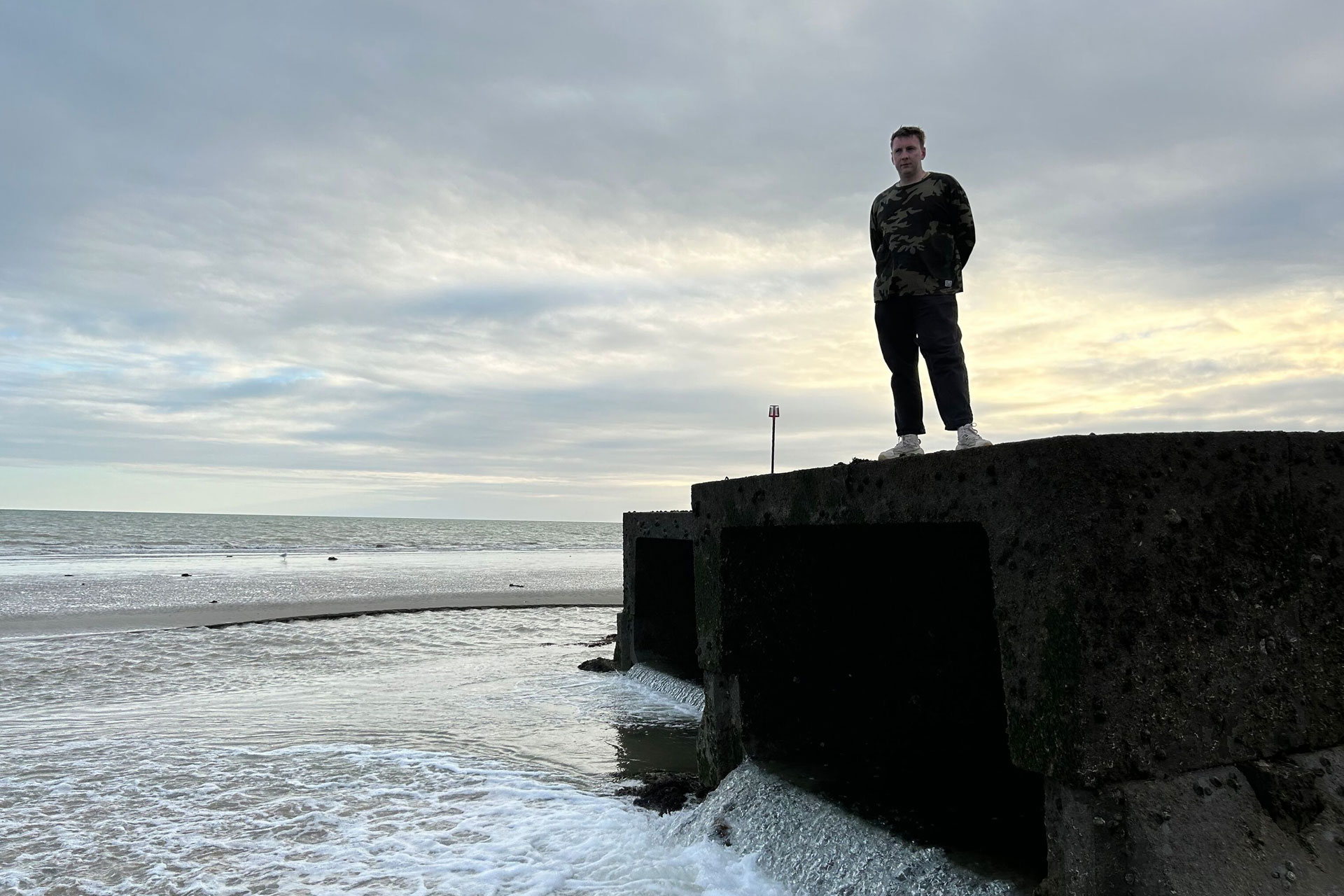
Just uttering the word sewage is enough to make someone recoil. Yet comedian Joe Lycett has managed to bring conversations about the UK’s sewage problem to the forefront through a new documentary, which investigates the troubling state of our waterways.
Joe Lycett vs Sewage: The UK’s Sewage Problem, Explained
What Is Joe Lycett vs Sewage About?
First aired last night on Channel 4, Joe Lycett vs Sewage delves into the country’s sewage infrastructure. It’s by no means a glamorous topic, but the subject has been in the spotlight ever since it was revealed that large amounts of sewage are being pumped into our water systems – which Lycett describes as ‘one of the worst environmental scandals in decades’.
In the programme, Lycett heads to a lab to learn how sewage is processed, and visits Aldwick, a beach in Bognor Regis where the water quality is renowned for being poor.

It’s all serious stuff – but, of course, there are some of Lycett’s comic stunts in there too. Journalist Jon Sopel appears in a bathtub, for instance, in a recreation of Margot Robbie’s The Big Short scenes. At another point, Lycett pretends to launch a podcast called ‘Turdcast’, bringing Gary Lineker on as the first guest to chat about that infamous incident from the 1990 World Cup.
Over on Instagram, meanwhile, Lycett has shared an open letter he sent to the Archbishop of Canterbury during filming last year. He explained how, while working on the show, he learnt that the Church of England’s pensions board holds significant shares in UK water companies.
View this post on Instagram
He wrote: ‘Last year, whilst filming Joe Lycett vs Sewage (on @channel4 tonight, 9pm) it came to my attention that the Church of England’s pensions board holds a substantial amount of shares and bonds in UK water companies (£365,000 in shares and £30m in bonds across the sector). I also discovered that I hold four shares in Severn Trent that my dad bought me when I was a baby (latest dividend payment of £2.56).
‘I love sending an email so smashed this one over to the Archbish asking if, like me, he would consider disinvesting in the water companies.’
Why Is Sewage Being Released Into The UK’s Waterways?
Lycett’s documentary highlights the thousands of sewage spillages that end up in the UK’s rivers and seas each year. In 2022, water companies reported more than 384,000 spillages of raw sewage across the seas, lakes and rivers of England and Wales. So what’s going on here? We asked an expert.
‘Sewage is released into our waterways when our sewer network becomes overwhelmed by rainwater – from the sky, which you would expect – and from the ground, as water soaks into our networks through a process called infiltration,’ says Heather Marshall, Technical Principal – Water Environment and Infrastructure Systems Advisor.
‘However, we know rainwater isn’t the villain here. The main issues are climate change, urbanisation, and education. While the combined sewer network might cope with one issue or another, when all three are present it causes problems for our networks and leads to pollution and environmental harm.
‘Climate change has meant that our rainfall comes with greater intensity, sometimes bringing a months’ worth of rain in a period of hours, which was the case for London in July 2021. Urbanisation has led to spaces that were once green and able to soak up and store water, into hard surfaces that move water away, out of sight, and into sewer networks that struggle to cope.’
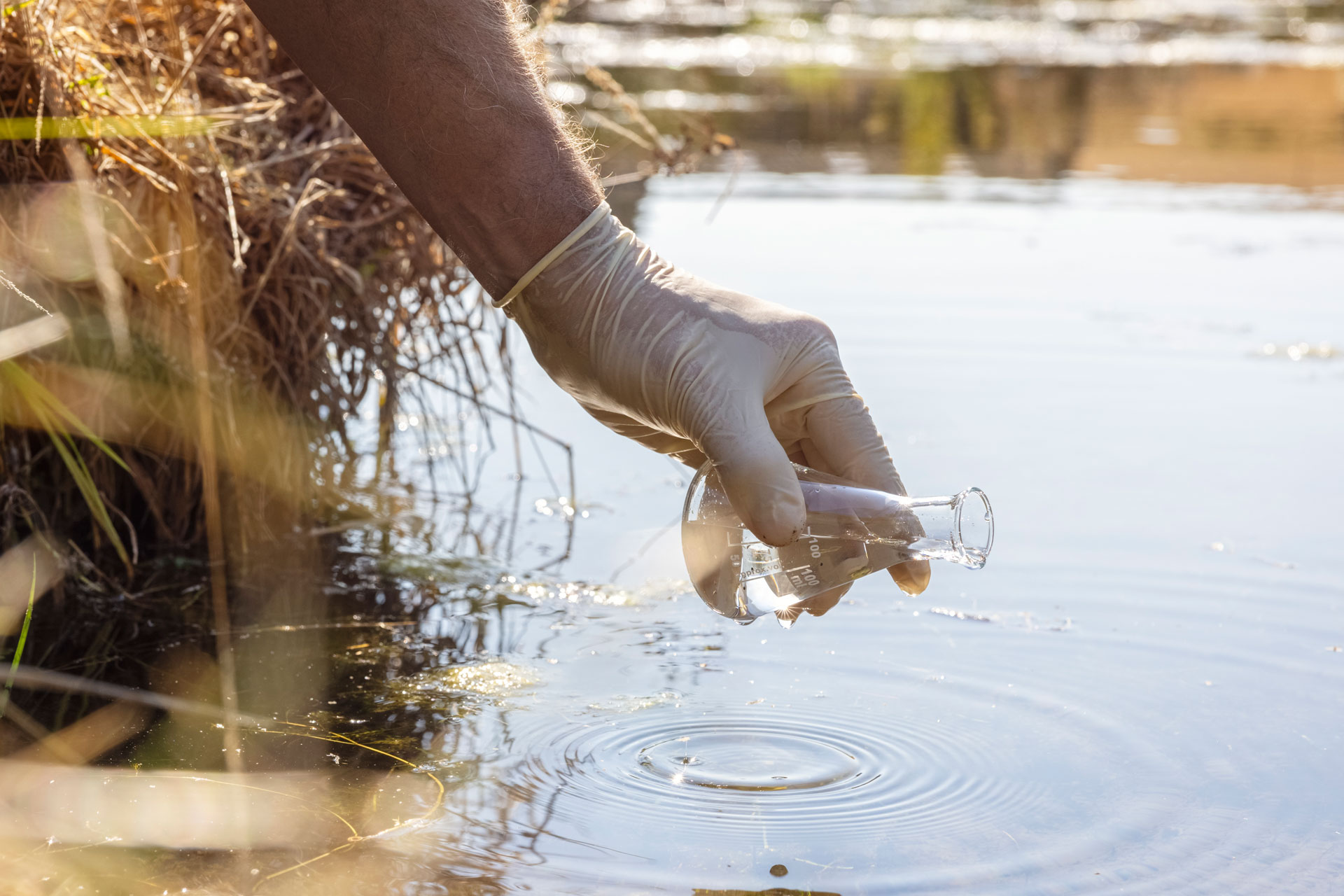
Getty Images
The infrastructure behind our sewage network is owned by private water companies, and in Lycett’s documentary he estimates it would apparently cost up to £350bn to get it up to scratch. Water UK said companies had invested £96bn to reduce these spills, yet in the documentary Lycett speaks to a whistle-blower from an unnamed water company, who claimed some wastewater works had not been changed since the 50s. They described the systems as ‘absolutely dilapidated and falling apart, held together with sticky tape and plasticine’.
However, Heather points out that demonising the water companies may not be the best approach. ‘Blaming people won’t get us anywhere – and I hope others are as bored as I am by this “evil shareholder/evil water company” discourse,’ she says. ‘They are people trying to do the best they can with what they have available.’
What Can We Do To Help?
Heather is also keen to stress that, while a lot of it is down to the water companies, individuals can be a part of the solution. ‘I think people are really clever and very capable,’ she says. ‘They value water, they enjoy being in and near water – and they want to be a part of how we look after our water.’
So what practical steps can we take? ‘While the responsibility for addressing sewage spills to our waterways falls on the companies that are operating the systems, we can all help lessen the impact of surface water runoff by doing simple things like installing water butts, creating rain gardens, and disconnecting our downspouts and gutters from the sewer systems in our communities,’ explains Heather.
How To Stream Joe Lycett vs Sewage
Joe Lycett vs Sewage is available to stream now on Channel 4.

